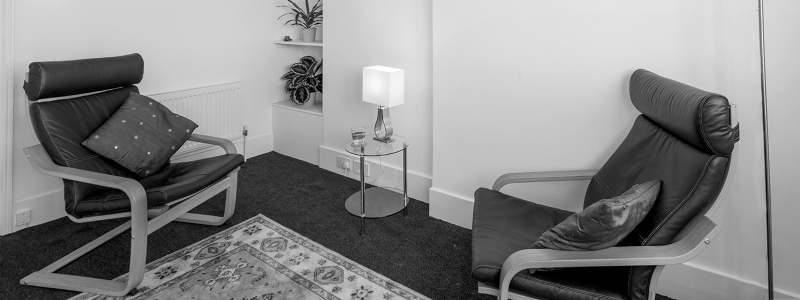Like many of us, at the end of each year I like to take some time to reflect on the past year and also look to the year ahead for changes and improvements I’d like to make in the personal and professional areas of my life. The beginning of a new calendar year can be a good opportunity for a reflective pause before going back into the busy-ness of working life.
I am sharing some of my reflections in the professional domain in here, hoping it will inspire you to think about yours too. This can be followed in any format. Here are some of my appreciations and challenges, and suggestions for further thoughts:
What I have appreciated in the past year
I am really appreciative of what a good year this has been for our practice, Brighton & Hove Psychotherapy. We have continued to offer a valuable, skilled, ethical and professional service to many individuals in East Sussex. In addition, working alongside other skilled therapists who enjoy practicing from our premises has continued to be a positive experience.
As therapists we are fully committed to improving ourselves in all domains: intellectually, psychologically, emotionally and physically. Thus, I am really appreciative of all the great extra training we have undertaken in the past year. We continue to be engaged and passionate about the latest research in the fields of psychotherapy and mental health. This also includes looking further afield, including the areas of functional medicine, nutrition and health. We strongly believe that the more we develop ourselves as people and as practitioners, and the more we “walk the talk”, the better we can be of service to our clients.
What I have found challenging:
Balancing work and life is a modern day challenge for many of us, and I am certainly not immune to it! Learning to self-care is an ongoing endeavour and one that we at Brighton and Hove Psychotherapy are deeply committed to.
Some of the challenges of being really passionate about self-development and further training is finding the right balance. 2015 has been a training-heavy year, involving a great deal of academic reading and writing. Therefore, my intention is to give myself more of a break in 2016 and focus more on integrating last year’s accomplishments.
Continuing on this strand of thought I elaborated by including:
– What I have learnt
– What I’d like to let go of
– Some intentions for the year ahead
To summarise, I continue to strive for integration and balance in the personal and professional domains, which entails combining worthwhile and contributing work with quality of life. It sounds so simple, doesn’t it!?
Happy New Year to all!















